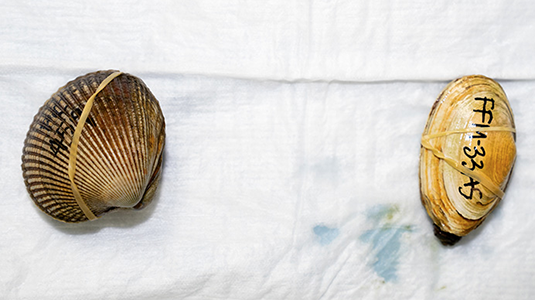||| BY STEVE BERNHEIM theORCASONIAN REPORTER |||
Last Saturday, December 5, a group called “Transition Lopez Island” convened a tele-panel of residents and representatives to update the community on progress toward a fossil-free future and steps to get there.
Local panelists led off the four-hour session listing achievements and goals:
- We can feed the islands’ population with locally-grown food by 2033, said local food author/farmer/scholar Henning Sehmsdorf, who discussed his forthcoming book Eating Locally and Seasonally: A Community Food Book for Lopez Island, a comprehensive year-round guide to planting, harvesting, eating, and preserving locally grown food sufficient to feed the local population. Sehmsdorf hopes his step-by-step and well-illustrated guide will create demand for local, year-round food, and reduce demand for highly processed and packaged foods imported from far away factories. He said the county population one hundred years ago fed itself. The book will be available at local bookstores, libraries, and online at www.transitionlopezisland.org and through www.sshomestead.org.
- We can be fossil-free by 2033, said Bob Gerfy, one of the Transition Lopez Island steering committee members, and he encouraged residents of all the islands to work toward this goal.
- We can already order direct from farmers, said Steph Coffey of the San Juan Agricultural Guild. Everyone can buy now from local farmers and food processors through the Food Hub. Sign up HERE.
- We can change the future: the Madrona Institute’s New Deal San Juan Islands program aims to generate community support for changes in plastics, climate change, farming, housing and justice laws at the county level. After these presentations, the 40-50 remote participants divided up to discuss “Electrifying Our Future Now” and “Eating as a Radical Act,” both of which focused on how renewable systems can replace fossil- and plastic-based energy and food systems by 2033. In the “eating” session, participants discussed how developing and supporting cooperation between farmers, business people and consumers could help pay farmers fairly, create more demand for local apples, sauerkraut, and kale, and enhance local food security and self-reliance. Local “farm to school” programs were cited as successful education steps.
The day finished with an hour-long roundtable dialogue with local and state policy makers:
- State Senator Liz Lovelett described her proposal to fund renewable energy production and employment through carbon taxes, and suggested funding affordable housing programs with local option taxes on short term vacation rentals. OPALCO Board Member Brian Silverstein explained how OPALCO was working to develop larger local solar power arrays.
- Kevin Ranker, one of the originators of the New Deal San Juan Islands policy project, encouraged local residents to collaborate to develop local laws that achieve these goals so the county can lead the nation by example.
These participants and others agreed that collaboration and cooperation were the best ways forward to achieve local food security and carbon-free energy. More discussions are expected. Consult Transition Lopez for further information.
**If you are reading theOrcasonian for free, thank your fellow islanders. If you would like to support theOrcasonian CLICK HERE to set your modestly-priced, voluntary subscription. Otherwise, no worries; we’re happy to share with you.**









Right on Lopez… you rock. Doing what our local government is unable to do.